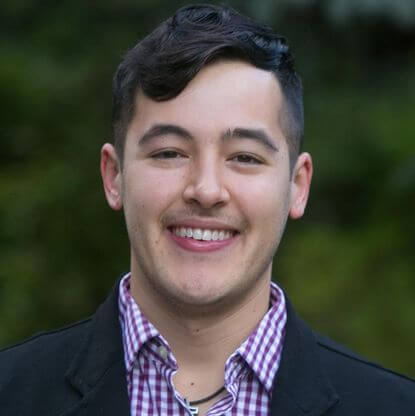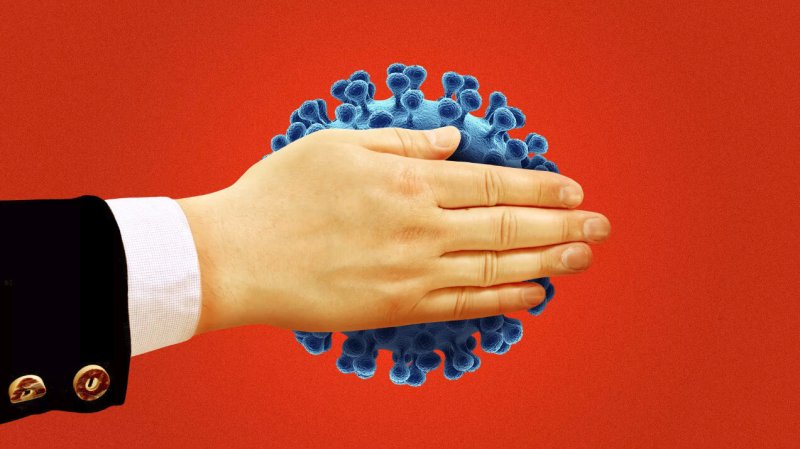Does a pandemic demand the strong medicine of censorship? Social-media companies seem to think so. They’re taking steps to control speech in the name of combating the spread of medical misinformation. Facebook employs “fact checkers” to review posts, makes those that don’t pass their test harder to find, and directs users to purportedly reliable sources like the World Health Organization. YouTube has taken down videos it deems inconsistent with science. Twitter plans to add warning labels to tweets that don’t pass muster with “subject-matter experts, such as public health authorities.”
 Aaron Ginn’s story is a cautionary tale that even well-intended censorship can overreach, suppressing the search for truth. Mr. Ginn, 32, is the Silicon Valley technologist who posted an essay on March 20 titled “Evidence over hysteria—COVID-19” on the Medium website. Citing academic research and government data, Mr. Ginn argued that public-health experts were focusing too much on “flattening the curve . . . while ignoring the economic shock to our system” of shuttering businesses and schools and ordering Americans to stay home.
Aaron Ginn’s story is a cautionary tale that even well-intended censorship can overreach, suppressing the search for truth. Mr. Ginn, 32, is the Silicon Valley technologist who posted an essay on March 20 titled “Evidence over hysteria—COVID-19” on the Medium website. Citing academic research and government data, Mr. Ginn argued that public-health experts were focusing too much on “flattening the curve . . . while ignoring the economic shock to our system” of shuttering businesses and schools and ordering Americans to stay home.
…
Mr. Ginn’s essay drew 2.6 million page views in 24 hours—and a barrage of liberal criticism. … Then Medium took it down… .
[Editor’s note: Aaron Ginn’s essay can be found here. Ginn was the only Silicon Valley member of Mitt Romney’s 2012 presidential campaign. He cofounded the Lincoln Network to use technology to promote liberty in the public space.]
…
On one side, Mr. Ginn says, are ideologues heavily invested in the idea of lockdown, regardless of the cost. On the other are scientists with data that the lockdowns are overkill.
…
Mr. Ginn has been closely following Sweden, which has kept children under 16 in school and let most businesses stay open while restricting gatherings of more than 50 people. His daily briefings frequently cite Sweden’s state epidemiologist, Anders Tegnell, who has argued that government lockdowns lack a “scientific basis” and “people should be able to keep a reasonably normal life.” Dr. Tegnell recently estimated that 40% of Stockholm’s population would be immune to the virus by the end of May.
That could bring Sweden closer to “herd immunity” than countries that have sought to suppress spread altogether. “We need to ‘segment and shield,’ ” Mr. Ginn says, “and let the epidemic go through”: “The question is: How are you going to best protect those that are vulnerable in the larger population?”
…
Some belittle him as an “armchair epidemiologist.” He retorts that “facts and data are independent of your credentials.”































